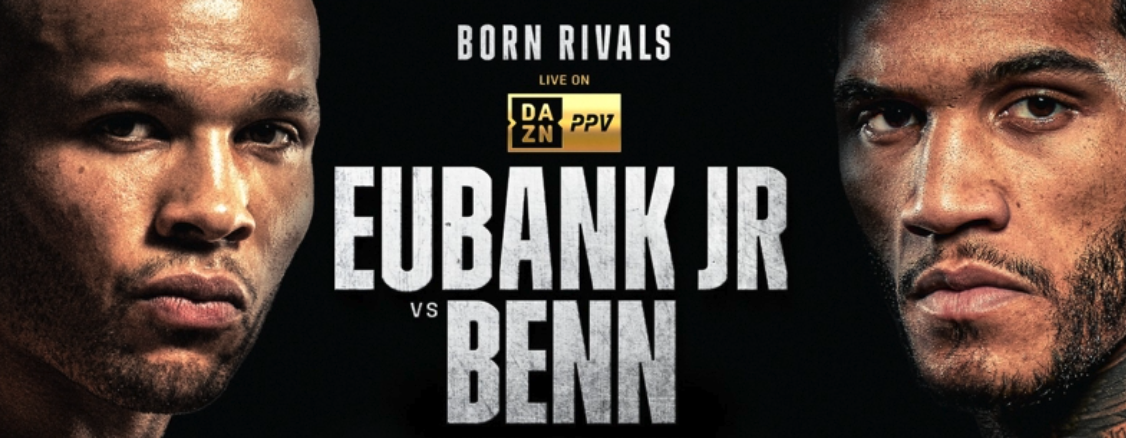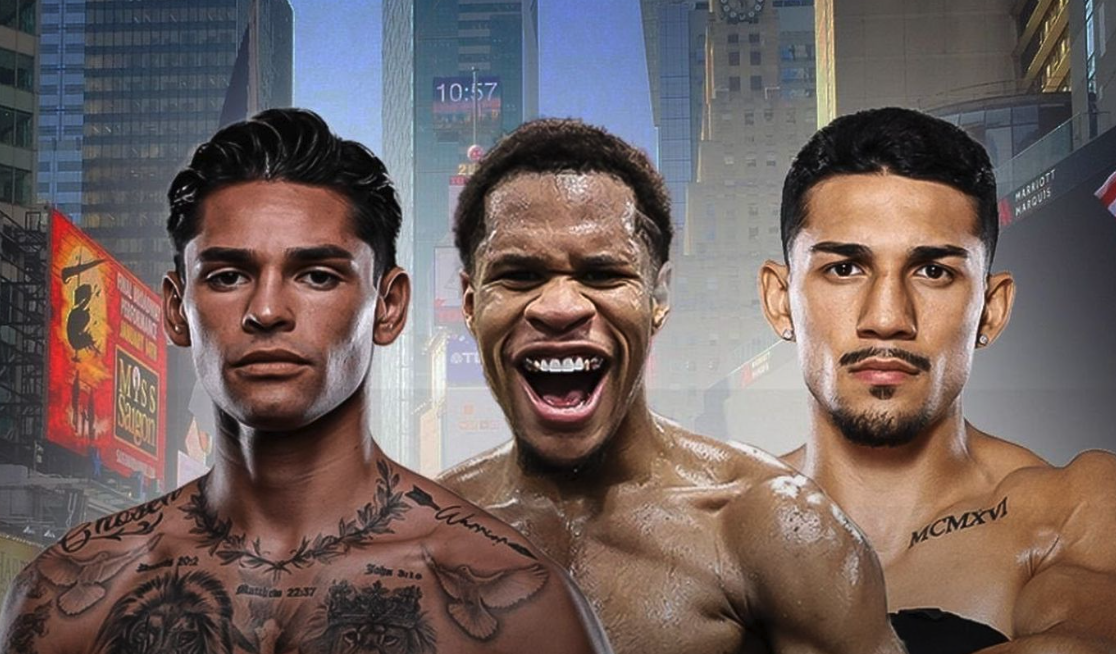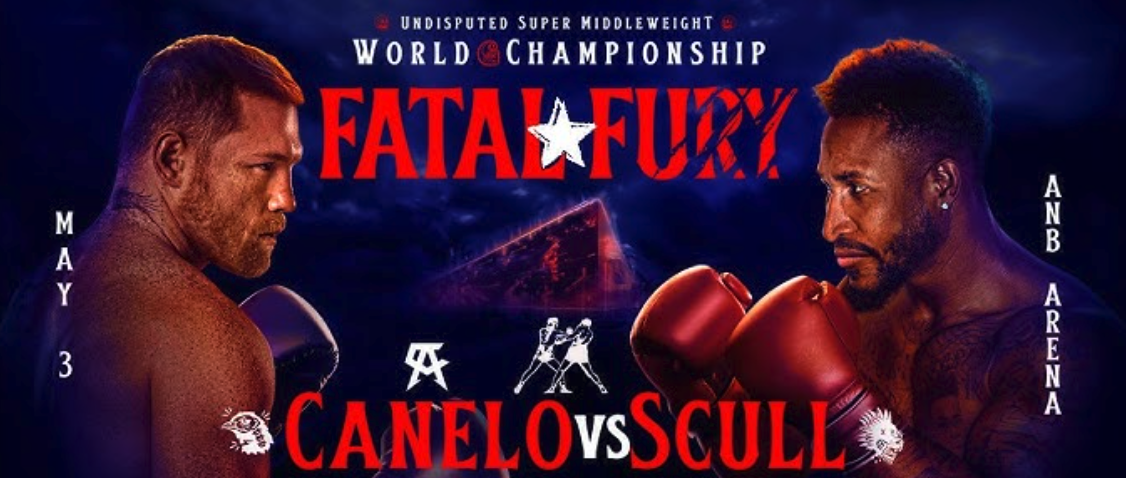Parker V Whyte: The fight for Relevance
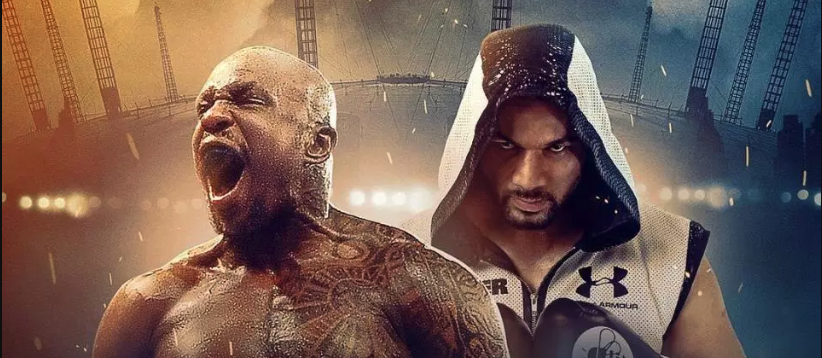
The heavyweight division is looking healthier and more exciting, and it is certainly generating more column inches and clicks than it has for a long, long time. If you focus the spotlight on the domestic heavyweight scene, it becomes even more enthralling, if anything. Although this buzz obviously comes with its own rewards—including the prospects for not just one, but several big paydays—there is also a flip side. Boxers who stagnate, or simply fail to progress as quickly as those around them, have their appeal (and their ability to earn those big rewards) swiftly overtaken.
The title “The Fight for Relevance” may seem harsh when you consider that Joseph Parker was, until recently, a legitimate World Champion—and an unbeaten one at that, only losing his belt by decision to Joshua. The same is true of Whyte, who is at the head of the pack of the British contenders and has only a defeat against the British Olympic gold medallist on his record. However, fast-forward to the day after their 28th July O2 Arena fight. If Parker loses, then he has suddenly gone from a perhaps underrated world champion to someone with two consecutive defeats. Critics will begin (unfairly, in the large part) poring over his record and throwing around the accusation that as soon as he stepped up the calibre of the opposition, he was found wanting. The Kiwi will enter the ring as the slight favourite but is in real danger of simply becoming a stepping stone for fighters wanting to face Joshua.
Dillian Whyte, on the other hand, needs to get his hand raised against Parker, or he may be forced to take a back seat to the group of British heavyweights currently only slightly behind him. At any other time in history, Whyte would be comfortably in second place behind Joshua. Now, however, it is a completely different story. There is, of course, the person still considered by many to be the best heavyweight fighting today—Tyson Fury. Fury is probably two fights away from being a genuine contender again (as long as they go to plan), and his absence from the ring has not caused him to lose the mental and physical agility that gave him his edge.
Then there is Hughie Fury, who himself lost to Parker on points last September, before capturing the British title earlier this year. However, the most noise and excited chatter swirls around Daniel Dubois and Joe Joyce. Dubois, who has sparred with Joshua, has looked very impressive in his fights so far and is being hotly-tipped to face the world champion before too long. Looking good and knocking out people you are expected to knock out is one thing. Stepping into the ring against fighters who are expecting to—and capable of—sending you to the canvas is an entirely different matter, and there is only one way to find out if you are up to the task. So far, Dubois has looked like he could very well be ready for the challenge, and those who have worked with him and know him inside out are very, very excited about just how far the Greenwich-born fighter could go.
With just 5 professional fights to his name (3 fewer than Dubois), Olympic silver medallist Joyce is likely to move up through the ranks slightly more quickly. At 32, he is far from old in heavyweight boxing terms but is still quite a bit older than all of those mentioned so far, including Fury and Joshua. Then there is Tony Bellew (depending on whether he chooses to remain a heavyweight or drop down to his more natural cruiserweight) and the ever-present Dereck Chisora, who, although it seems that he’s been around for decades, is still 34 and will see himself with a part to play in the proceedings.
A win on the 28th will see either Parker or Whyte in prime position for a title fight, whomever that will be. If Parker is victorious, given that there are so many other more attractive (and lucrative) matches available at the moment, it is especially unlikely that there would be an appetite for a Joshua rematch; but, either way, his future is looking bright. The loser, however, will be looking over his shoulder, and his subsequent fight will be the one to determine whether he remains relevant in one of the most competitive divisions in the sport.
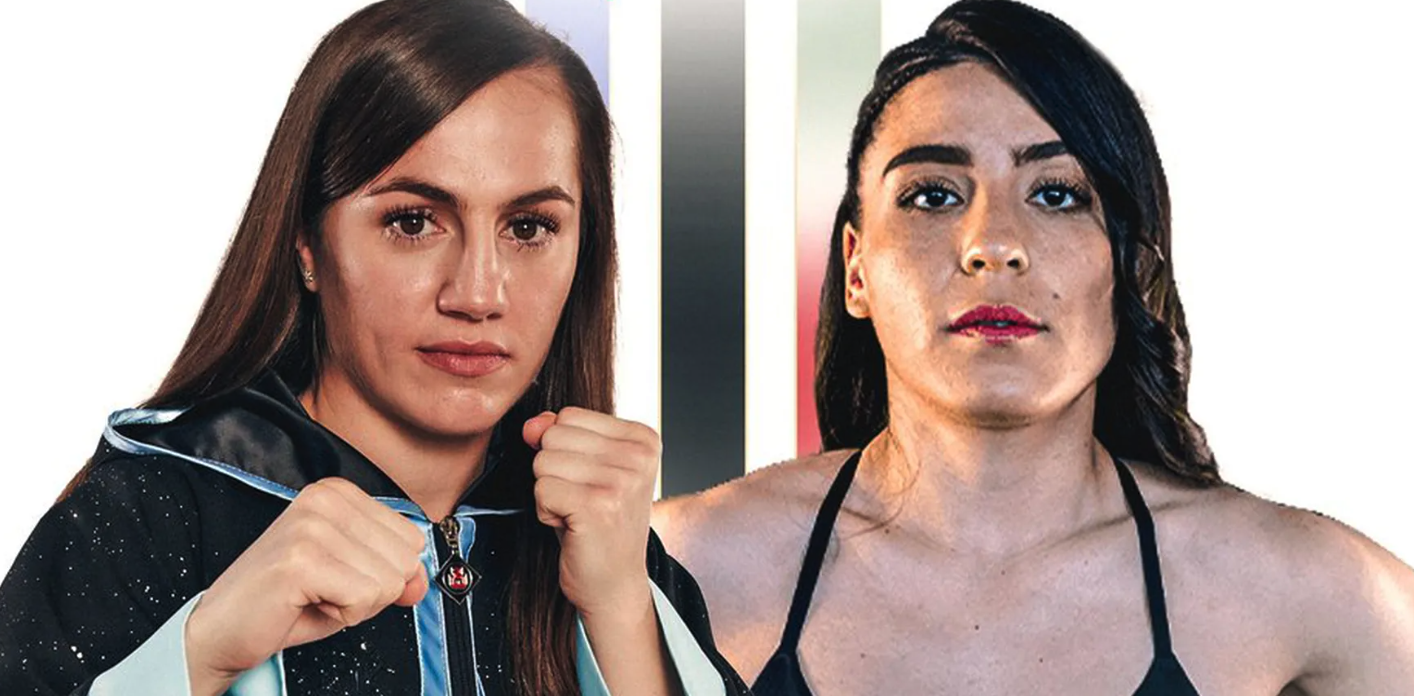
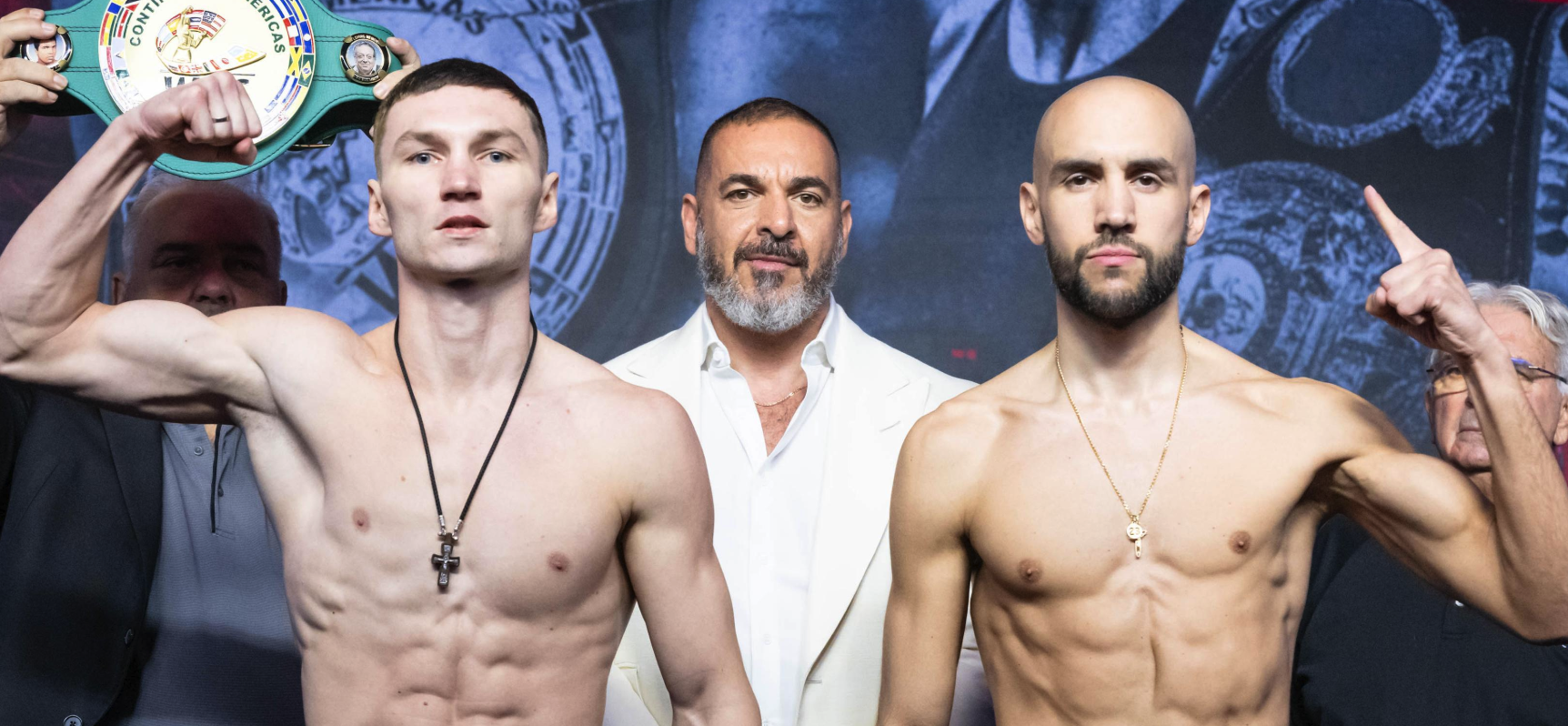
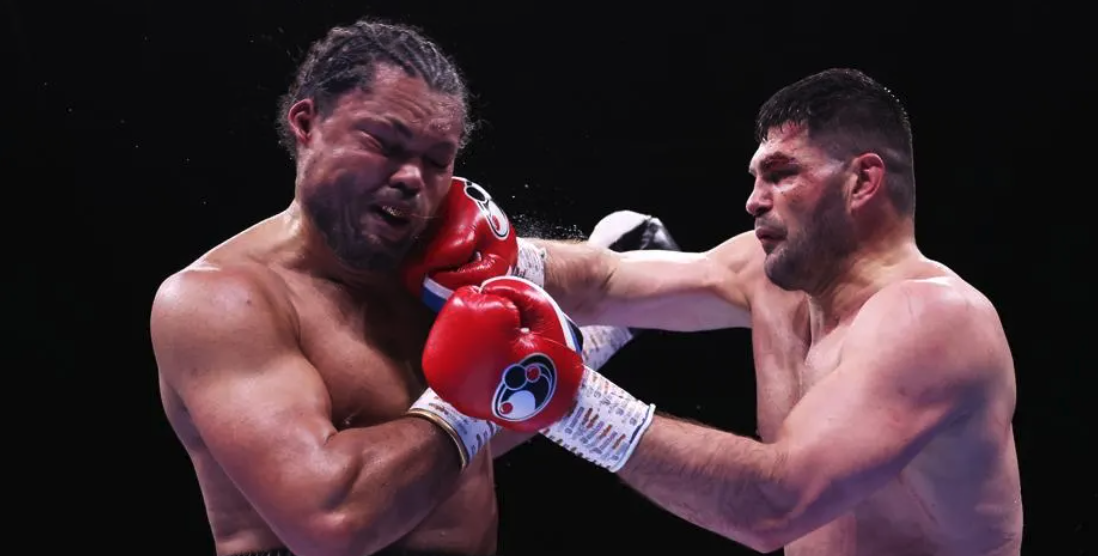
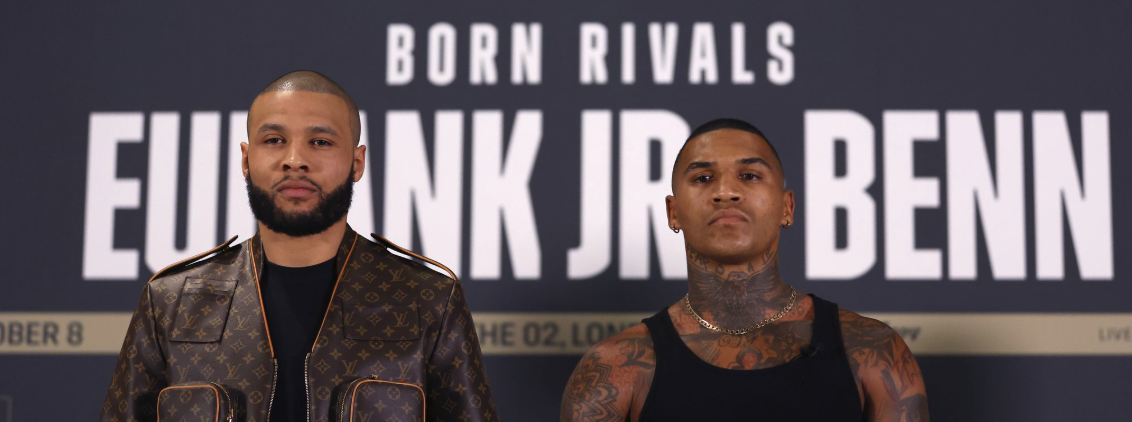
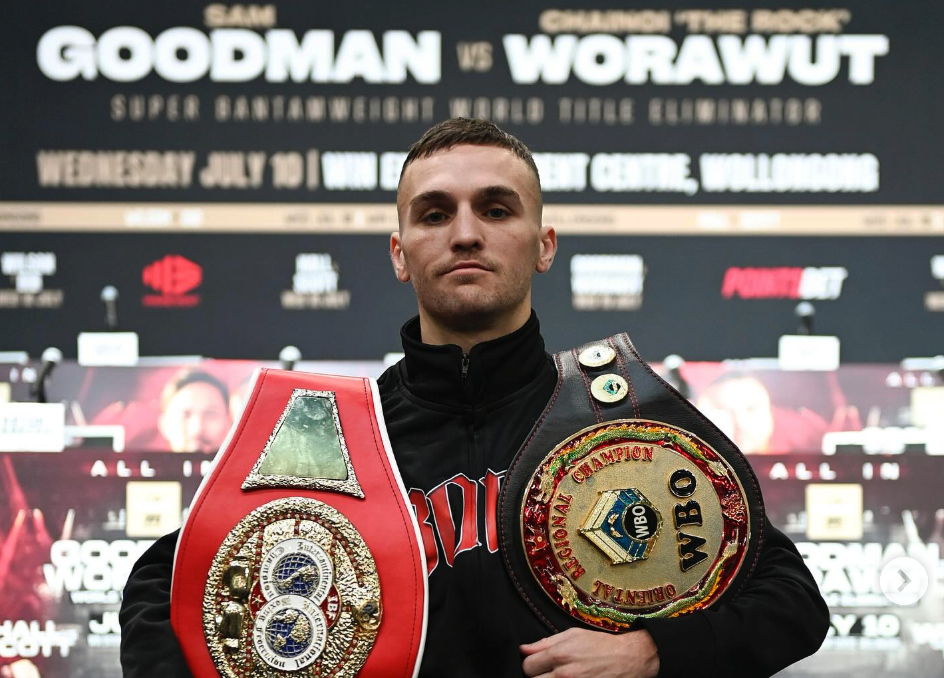
.jpg)
.jpg)
